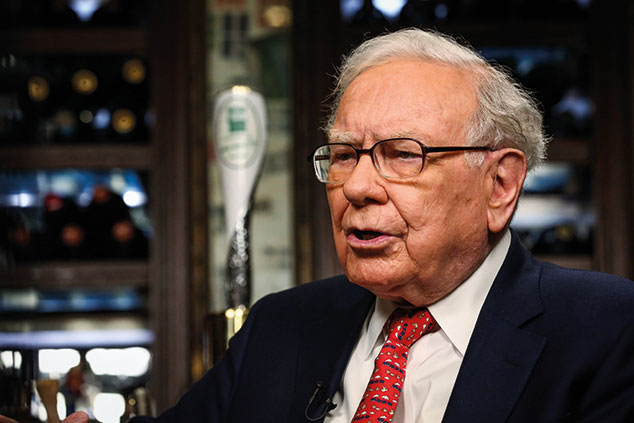
Last November, US president Donald Trump introduced tax changes that incentivised businesses to repatriate capital they were holding abroad. Billions of dollars of profits came back on shore as a result. But instead of investing this windfall into new ventures, it seems companies have largely chosen to buy their own shares – even as buybacks hit record levels, the amount S&P 500 companies spend on research and development has yet to recover to pre-2008 financial crisis levels.
Given this, regulators, governments and shareholders should be making much more effort to find out whether buybacks are damaging to business growth and capital formation, says the FT. There is a need to “quiz corporate boards on whether cash could be better utilised”.
One thing does seem clear – the constant stream of buying from big companies has helped to prop up the post-financial crisis bull run by boosting stocks prices and a firm’s earnings-per-share.
But the pace of repurchases peaked in July, and is now decelerating, JPMorgan strategists tell Bloomberg. “If this trend continues, the extra boost that US repatriation provided to US equity and bond markets via share buybacks and corporate bond redemptions is largely behind us.” A key tailwind for US markets may now be turning into a headwind.